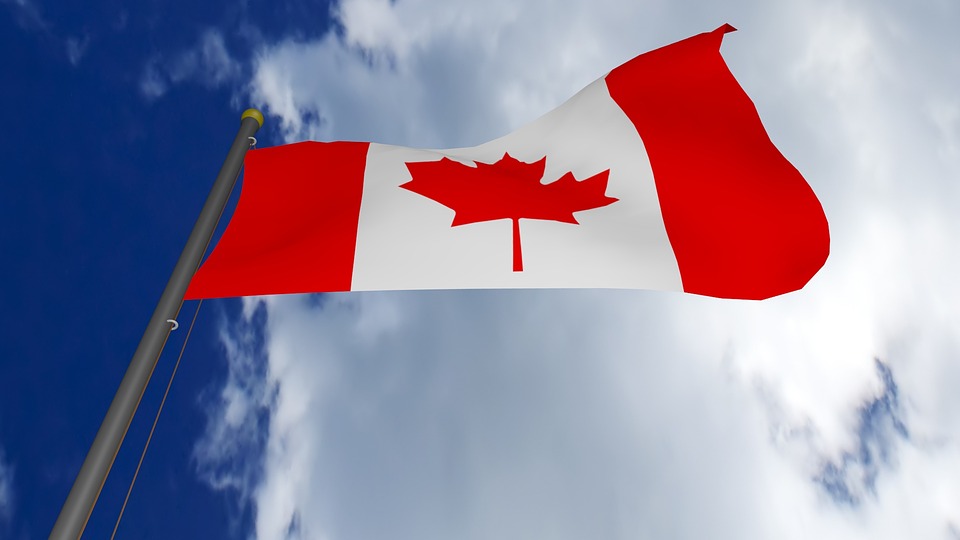As the Liberal’s assumed office, three big democratic reform ideas were floated: electoral reform, e-voting, and mandatory voting. The second and third were never seriously entertained – swatted away by the Parliamentary Committee on Electoral Reform. The first quickly became a quagmire due largely to the Government’s own failures in process design.
The Prime Minister’s admission that there will be no electoral reform for 2019 is, for me, both disappointing and unsurprising. Although the public was admittedly not galvanized by the provision of do-it-yourself summer barbeque kits and a seemingly manipulative online survey, there remains considerable appetite for change. The Liberal’s abandonment of this core campaign pledge reinforces cynicism and the view that political parties are fundamentally incapable of collaborating. Trudeau would instead counter that governing means tough and imperfect choices.
The Liberal pivot recalls former Ontario Premier Dalton McGuinty who campaigned vigorously in opposition for democratic reform before adopting a much more traditional mindset once in in power. In fairness, the McGuinty government did establish a citizen’s panel whose proposals would ultimately face sound rejection in a binding referendum. Yet the 2007 ballot was overshadowed by a concurrent provincial election (during which the Liberals were mute on the issue), while nobody was given the means to launch a meaningful public education campaign. It should also not be forgotten that BC’s initial 2005 referendum on electoral reform garnered nearly sixty percent support for an alternative voting model. The status quo earned only thirty one percent support in an October 2016 plebiscite in PEI.
More curiously, Trudeau has also publicly mused that the popularity of his own Government (and by extension himself…) has diminished the public desire for a new voting system. Such is a classic argument for representational leadership and, if one is not careful, a justification for autocratic tendencies. It is also a recipe for cynicism, invoking outdated notions of trust and ignoring the Liberal’s own campaign rhetoric that struck a chord for many citizens (especially younger voters) seeking greater voice and enhanced democratic legitimacy.
Politics aside, the Government can also point to a new electoral threat on the horizon, namely cyber-espionage. The new Democratic Reform Minister has thus been tasked with examining the digital readiness of electoral institutions as well as political parties, working with domestic security agencies to do so. Under the shadow of the recent US election and Russian meddling, the posture is once again defensive: ensuring stability in the face of turbulence.
While digital resilience and stability clearly matter, the offsetting risk is to constrain innovation and adaptation. Skeptics of e-voting, for example, can now invoke cyber-dangers to defer, seemingly indefinitely, as both Toronto and Waterloo have now done at the local level (similarly rejecting ranked ballot reforms as well). Yet let’s not forget that bordering Russia, Estonians have opted for more digital democracy, not less. As even our own governments seek to enable online tax filings and health care records, clinging to paper ballots provides only a simplistic and ultimately false sense of security.
This defensive political mindset is further reinforced by the toxicity of a media sector facing upheaval. Donald Trump’s constant barrage of attacks is a case in point. Canadian media also face an existential crisis, a point underscored by the Public Policy Forum in its recent report, The Shattered Mirror: ‘The digital revolution has made for a more open and diverse news ecosystem–and a meaner and less trustworthy one.’
With both politics and media in flux, two paths forward are possible: a new and more participative approach to politics (as promised, and now seemingly abandoned by Trudeau) that requires serious and far-reaching institutional reforms, or a reversion to autocratic leadership that in many countries is reflected in the rise of celebrity populism and extremism on the one hand, and eroding democratic mechanisms on the other hand.
With an eye on preserving power in 2019, the Liberals are betting on policy change rather than institutional change and, by extension, stability rather than reform. Such is the traditional political calculus: the wider risks and costs associated with this gambit, however, should not be ignored.
Jeffrey Roy is professor in the School of Public Administration at Dalhousie University (roy@dal.ca).

